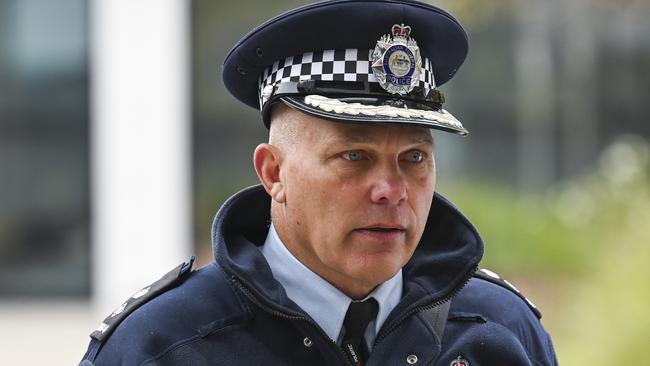
On this occasion, Mark Tedeschi KC is representing ACT chief prosecutor Shane Drumgold as he seeks to defend himself against accusations of misconduct in his handling of the Bruce Lehrmann rape case.
It is also an implicit part of Tedeschi’s job here to turn the tables back on police, who Drumgold accuses of working with Lehrmann’s defence team to kill the case. First in Tedeschi’s sights this week was Detective Superintendent Scott Moller, the officer who oversaw the investigation into Brittany Higgins’ claims.
Moller emerged at the end of the bout bruised but not beaten.
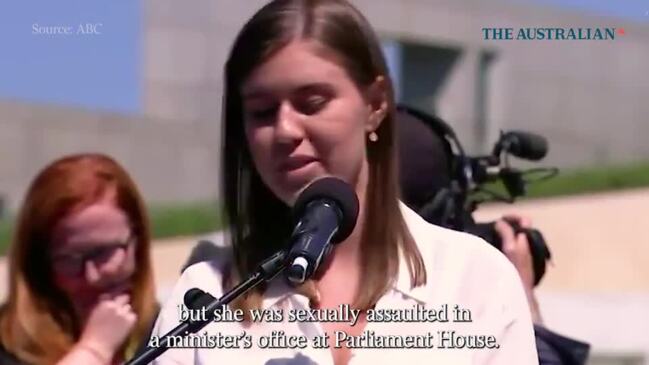
The veteran cop recounted how his entire team believed there was not enough evidence to charge Lehrmann and were appalled that the presumption of innocence was being trashed, with the DPP allegedly pushing for a prosecution before even seeing the brief of evidence.
Moller presented as a thoughtful, decent cop, frustrated at being accused of not doing his job and annoyed at Tedeschi’s repeated suggestion that ACT police were soft on sexual assault crimes.
If there was any doubt about his motives or commitment, Moller crushed it when he revealed he himself had been the victim of childhood sexual abuse.
Yes, Drumgold had applied the correct legal test for charging Lehrmann, the policeman agreed under Tedeschi’s questioning, but no, Moller had not been wrong in his approach to the case.
It was a rare concession by Moller but, in any case, a moot point: all parties to the inquiry, including police, have agreed Drumgold was within his rights to prosecute Lehrmann.
The issue for inquiry chairman Walter Sofronoff is whether Drumgold overstepped the mark in doing so.
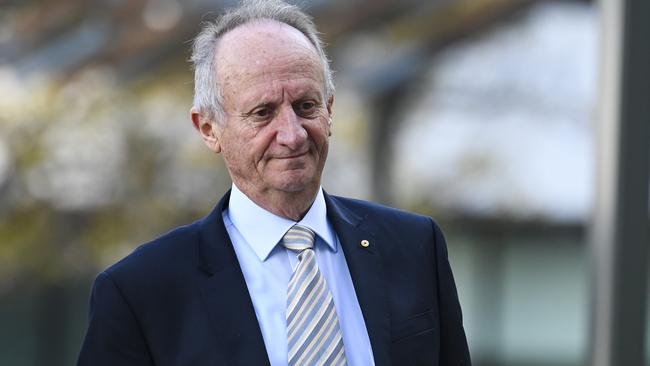
On that score, Tedeschi struggled to counter the principal claims against his client. Those included Drumgold’s attempts to prevent disclosure of police documents to the defence and his conduct after Lisa Wilkinson’s Logies speech prejudiced Lehrmann’s upcoming trial.
When the DPP went into court after the speech to argue against a delay, he misled the chief justice – he says unintentionally – in allowing her to believe that a proofing note of his meeting with Ms Wilkinson before the Logies was based on the contemporaneous notes of a junior, when in fact it was written by him after the speech. One question that ran hot at the beginning of the inquiry has now been answered.
For all the claims of “political interference”, it seems there was none from actual politicians.
Drumgold has admitted he was mistaken in suspecting political interference by former Liberal ministers Linda Reynolds and Michaelia Cash. He’s now blaming “a skills deficit on the part of investigators”.
On Friday, AFP Commander Michael Chew agreed that his claim of “political interference” – recorded in Moller’s diary notes – was an “unfortunate” choice of words. It was an expression of the environment police were facing, he said: pressure from the media, pressure from the DPP, pressure from Ms Higgins and her boyfriend, David Sharaz.
But Tedeschi has been unable to shake the impression his client was also caught up in the fervour of the #MeToo movement, leading him into fundamental errors in his handling of the case.
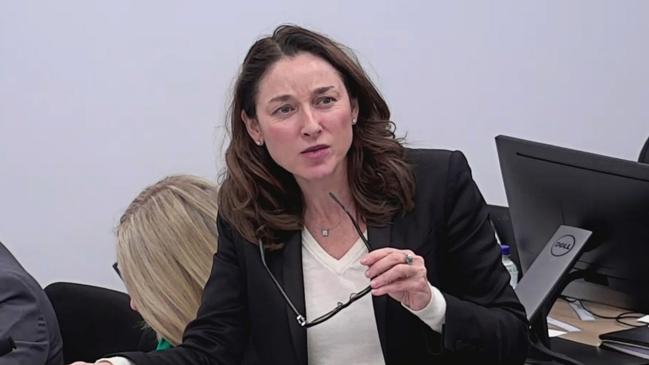
Tedeschi’s take-no-prisoners style was in stark contrast to that of Peggy Dwyer, counsel for Victims of Crime Commissioner Heidi Yates, who will appear next week. Dwyer began her examination of Moller by passing on an invitation from Ms Yates to sit down with her for a cup of tea and a chat.
By the end of the day Moller had agreed he was wrong to have cast Yates as inappropriately interfering in the case.
It’s hard to imagine Shane Drumgold will be inviting the cops around for a beer when this is over – and zero chance of it being accepted.






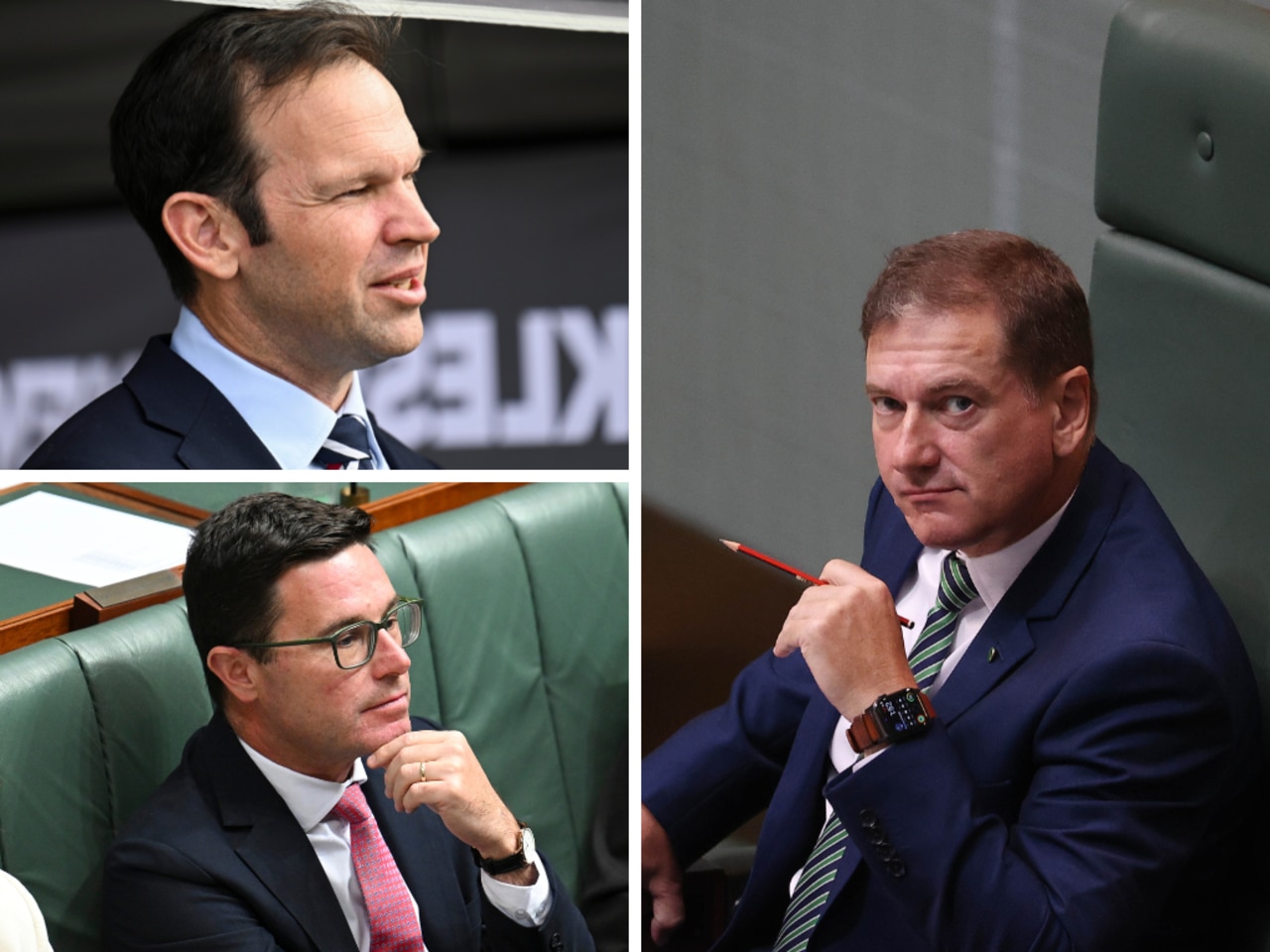
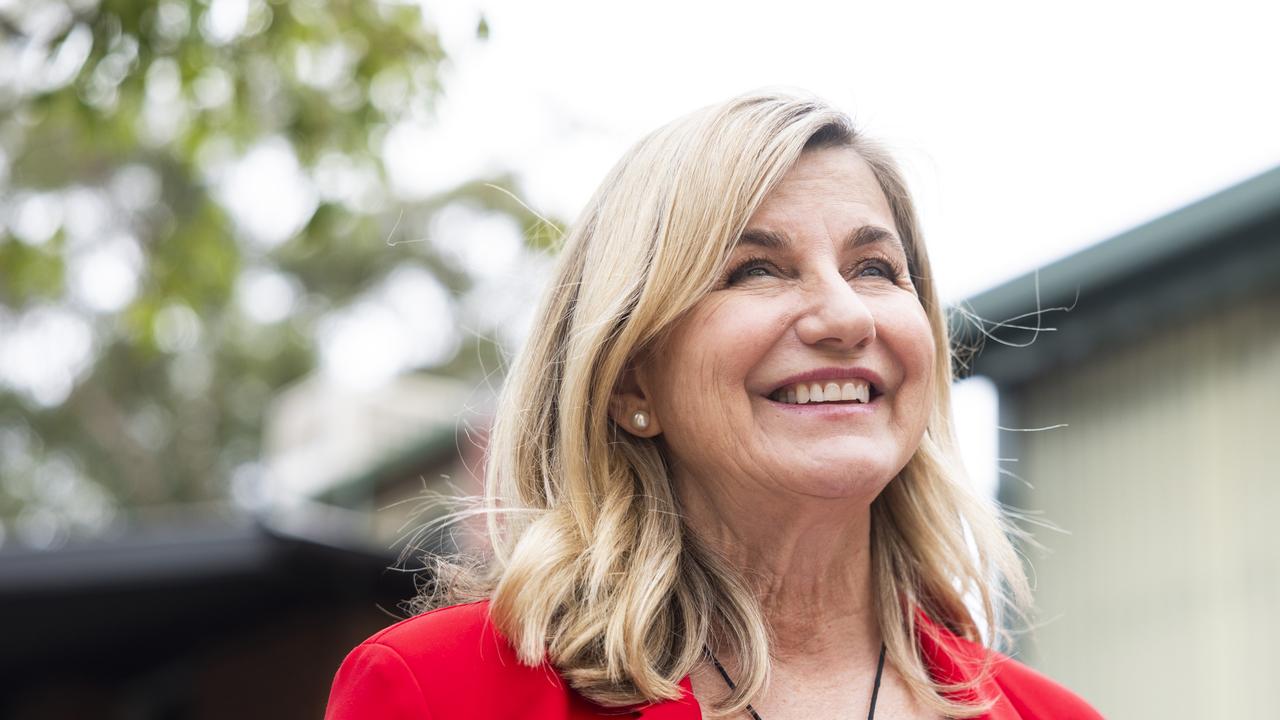
It was the cops’ turn in the witness box at the Sofronoff Inquiry this week, looking as uncomfortable as you might expect of officers of the law finding themselves under cross-examination by the man who prosecuted serial killer Ivan Milat.